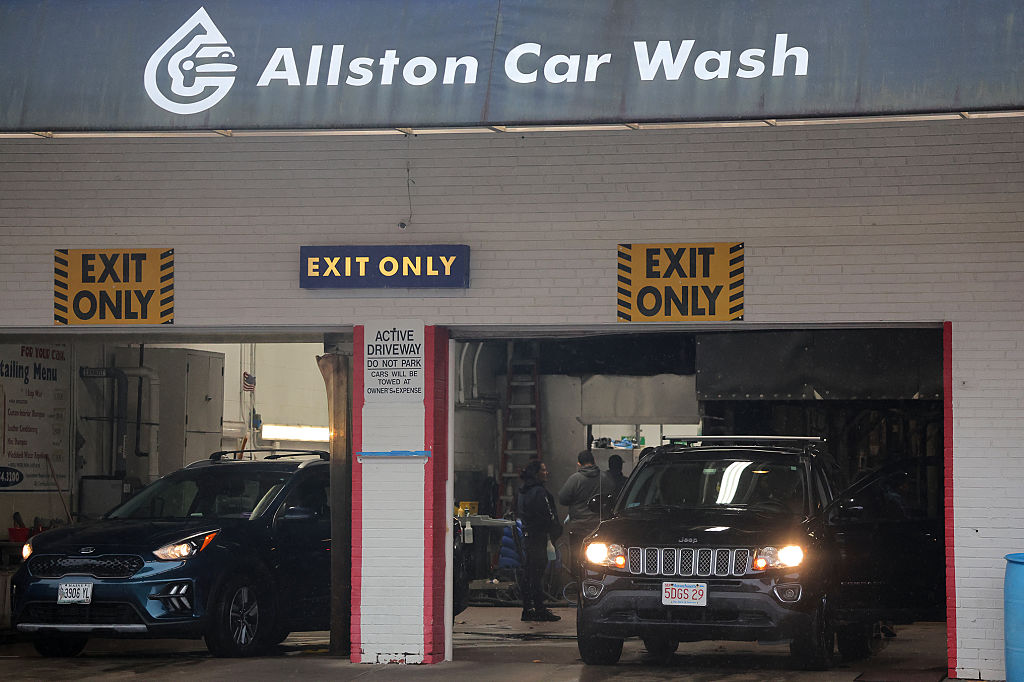A Boston University student is at the center of a growing controversy after admitting he repeatedly called U.S. Immigration and Customs Enforcement on employees at a local Allston car wash, resulting in nine legal workers being detained on Nov. 4.
Zac Segal, president of the university’s College Republicans, posted on X that he had been contacting ICE “for months on end” and framed the recent detentions as a response to his activism. In his posts, he wrote: “As someone who lives in the neighborhood, I’ve seen how American jobs are being given away to those with no right to be here. Pump up the numbers.”
I’ve been calling ICE for months on end. This week they finally responded to my request to detain these criminals. As someone who lives in the neighborhood, I’ve seen how American jobs are being given away to those with no right to be here. Pump up the numbers! https://t.co/jJtm9KzvU6
— Zac Segal (@endthehiding) November 7, 2025
The posts (and the raid itself) quickly drew intense scrutiny, both on campus and online. Students, faculty and community members criticized Segal, arguing that many of the detained workers held valid work permits and were given no opportunity to explain their status. Social media erupted with debate, memes and condemnation.
Segal reportedly expressed confusion over the backlash, telling reporters he didn’t understand why he was receiving negative feedback. “I was just trying to defend American jobs,” he said, according to interviews. Campus observers noted that his posts highlighted a disconnect between his perception of activism and the broader social and legal implications of calling ICE on workers.
Start your day with essential news from Salon.
Sign up for our free morning newsletter, Crash Course.
After calls for a response, University administrators emphasized that Boston University supports free speech but expects students to exercise it responsibly. The president has called for civility and dialogue, while panels and town halls are being organized to discuss immigration, labor rights, and political expression in constructive ways.
It is worth noting that the Trump administration has responded to this issue and said it was intelligence and not social media posts that led to the original raid of the carwash.
The incident underscores how college campuses can become flashpoints for national debates, where students’ political activism, social media amplification, and ideological convictions collide. Segal’s actions illustrate the challenges universities face in balancing free speech with the responsibilities of student engagement, especially when activism directly affects vulnerable populations.


